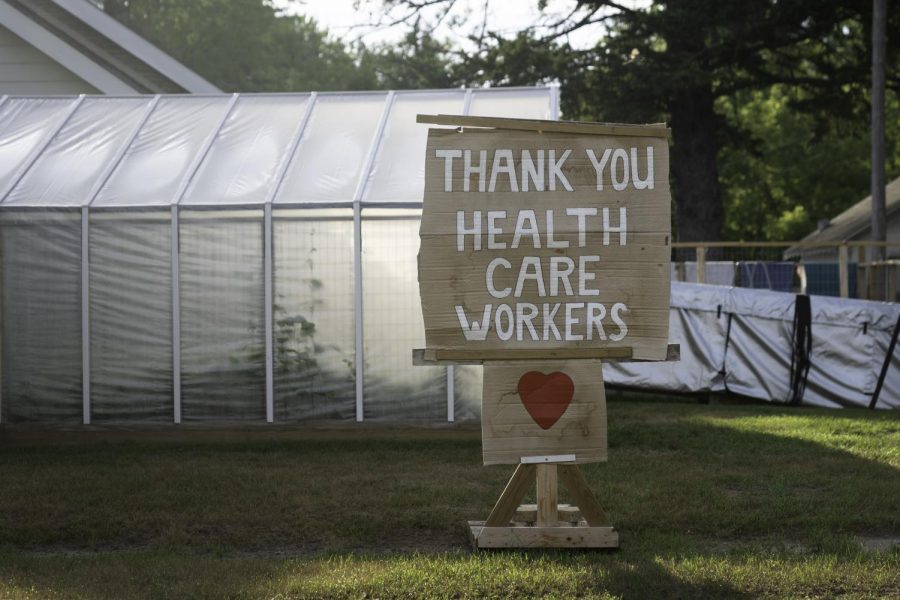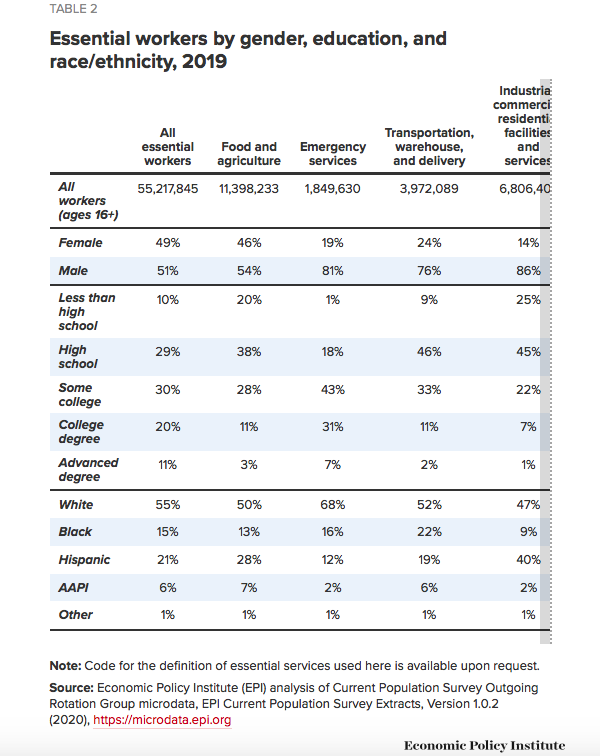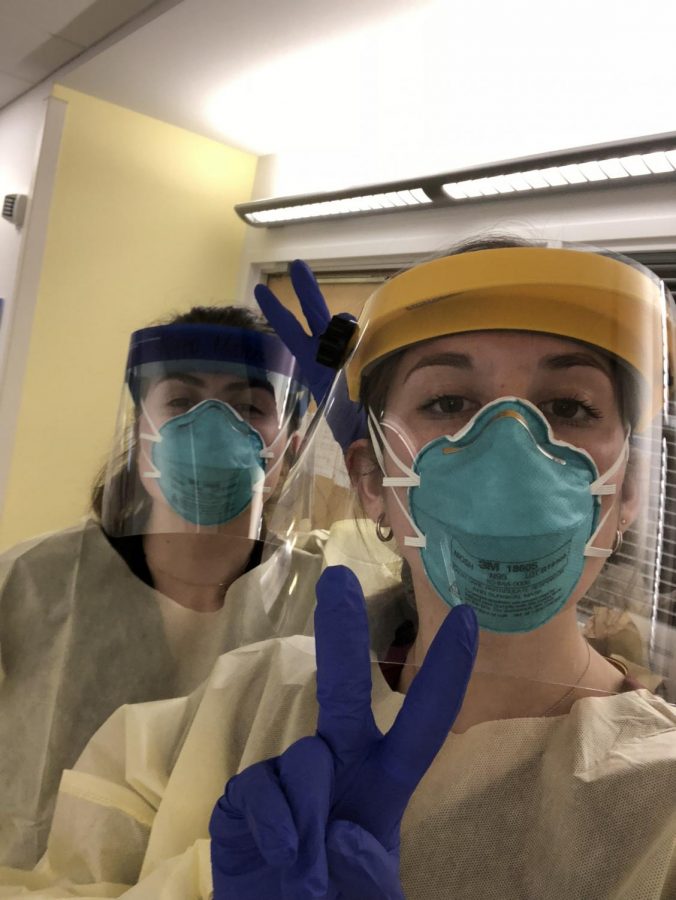When COVID-19 was declared a global pandemic by the World Health Organization in March 2020, people were advised to stay at home to prevent the spread of the life-threatening virus. That is, everyone except for essential workers, such as health care workers, protective service workers and grocery store workers.
Health care workers, specifically nurses, reported being “overworked” and “exhausted” during the pandemic. However, despite all their hard work, the current salary nurses get doesn’t reflect all the work they put in to save people’s lives. Even in a pandemic, their salary has barely gone up. There has only been an increase of 6.2% in salary, or $6,730, according to Nurse Journal.
Furthermore, there is a current shortage of nurses, further worsened by the pandemic. Data shows that due to the severity of the pandemic, 18% of health care workers have quit their job. There is always a shortage and many nurses actually report quitting due to unfair wages that don’t reflect all the work they put in.
The role of a nurse is to be at the patient’s bedside upon admission to the hospital to even after the patient leaves. Nurses often perform a medical background history and physical exams, monitor changes to the patient’s body, administer medications and treatments and collaborate with a team for proper care. They even provide care for the family of the patient with counseling, support and education. Marquette University’s mission statement provided by the College of Nursing states that nurses “… promote health, healing and social justice for all people through clinical practice and development of nursing knowledge.”
Nurses work on average 40 hours a week, with shifts as long as 12 hours. The starting salary for nurses is $75,000. Certain specialties within the field of nursing can make more, such as critical care nurses as they are on the frontline and the patients have sudden, life-threatening injuries.
During the pandemic, nurses have to work at least 10 hours overtime with shift changes and more sick patients as a result of the high transmission rate of COVID-19. According to the Centers for Disease Control and Prevention, nearly 1.2 million people have been hospitalized with COVID-19 through the year 2020.
While nurses deserve a pay raise, it doesn’t accurately reflect just how important they are, especially during 2020. They have continued to deal with understaffing, a lack of personal protective equipment, excessive numbers of patients, increase in deaths and putting their lives at risk everyday.
Other medical professions have experienced the same thing in terms of raises during the pandemic. Physician salaries went up $6,000, or about 3%, which doesn’t accurately reflect the work that they are putting in during this time.
Nurses go to school for three to four years to become registered. During those years, the coursework is often fast-paced and rigorous, followed by many hours spent at clinical sites to perfect their skills. Some examples included classes heavily based on anatomy, disease processes, drug classes and priority nursing interventions.
Without pursuing additional education, such as graduate or medical school to become a health care provider, nurses will only make a minimum raise of $12 more during their career, which potentially won’t even reach six figures.
Additionally, the lower pay mostly affects female nurses. In the field, 87% of nurses are female. With the shortage of male nurses and to attract more males into the profession, they are given a significant wage increase of $6,000.
Nurses make up an integral part of the health care team. Without an adequate amount of nurses, many other members of the medical staff would not be able to do their job. While doctors diagnose and prescribe, nurses carry out the orders of health care providers such as identify the complications of the disease or injury, administer medications, change wound dressings and care for the overall well-being of the patient. Doctors would not be able to treat their patients around the clock, surgeries wouldn’t take place and hidden complications may be overlooked in patients resulting in often fatal results.
Increasing wages will have more benefits to nursing beyond improving their financial situations. It will make nurses feel more valued for their role as part of the health care team as well as in patient and family lives.
This story was written by Krisha Patel. She can be reached at krisha.patel@marquette.edu











